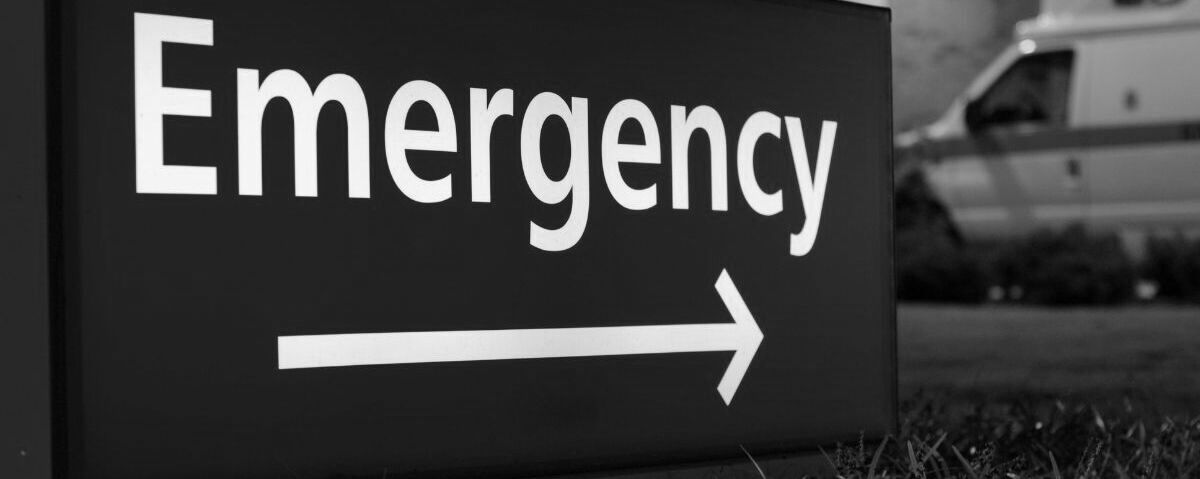Introduction
In the realm of decision-making, the Emergencies mental model serves as a crucial point of consideration. Emergencies refer to situations that demand immediate action, often triggering a heightened sense of urgency and anxiety. This mental model explores how the perception of urgency can lead individuals to make hasty, irrational decisions that may not align with their best interests. Understanding the prevalence of Emergencies in our day-to-day lives and anchoring it in human psychology allows us to navigate critical situations with greater clarity and objectivity.
The Psychological Anchoring of Emergencies
Emergencies are deeply anchored in human psychology, as our evolutionary heritage has equipped us with a fight-or-flight response to immediate threats. This response is crucial for survival in true emergencies but can become a hindrance in modern decision-making processes. The perception of urgency can trigger impulsive behavior and short-term thinking, overriding rational analysis and long-term considerations. This mental model holds significance in personal life decisions, business scenarios, and public policy-making.
Examples of Emergencies
Personal Life Decisions: Imagine a person facing financial difficulties and feeling the pressure of mounting debt. In a state of perceived emergency, they hastily decide to take out a high-interest loan to resolve their immediate financial obligations. However, in the long run, this impulsive decision may exacerbate their financial woes and lead to further debt accumulation. By succumbing to the Emergencies mental model, individuals can make choices that provide temporary relief but have detrimental long-term consequences.
Business Scenarios: In the business world, emergent situations often arise, such as a sudden decline in market share or an unexpected crisis. Under the pressure of these emergencies, companies may rush to implement quick fixes without carefully evaluating their impact. For instance, a struggling retail business may resort to aggressive discounting without considering the long-term effects on profitability and brand value. The Emergencies mental model can push businesses to prioritize short-term gains over sustainable strategies.
Public Policy-Making: Governments and policymakers also face emergencies that demand immediate action. For instance, in response to a sudden surge in crime rates, policymakers may hastily implement stringent laws and harsh penalties without considering the potential long-term consequences on social dynamics and individual rights. The Emergencies mental model can lead to reactive policy decisions that fail to address root causes and foster unintended negative outcomes.
Mental Biases and Psychological Underpinnings
Several cognitive biases contribute to the Emergencies mental model. The availability heuristic biases our decision-making by prioritizing immediate and easily accessible information. In emergent situations, we rely heavily on recent events or vivid examples, potentially overlooking crucial factors and alternative options. The urgency bias, fueled by our fear of negative outcomes, amplifies the perception of emergencies and impairs our ability to think critically and consider alternative perspectives.
Additionally, the confirmation bias reinforces the Emergencies mental model by prompting us to seek information that confirms our preconceived notions of urgency. We selectively attend to evidence that supports the need for immediate action, ignoring information that suggests a more measured approach may be appropriate.
Identifying and Avoiding Emergencies
To avoid succumbing to the Emergencies mental model, consider the following strategies:
Pause and Reflect: When faced with an urgent situation, take a moment to pause and reflect. Engage in deep breathing exercises or step away briefly to gain emotional distance and clarity of thought.
Analyze Long-term Consequences: Shift your focus from short-term urgency to long-term consequences. Consider the potential impacts of different courses of action beyond the immediate situation.
Seek Diverse Perspectives: Consult trusted advisors or colleagues who can provide objective input. Embrace diverse viewpoints and challenge your assumptions to foster a more comprehensive understanding of the situation.
Utilize Decision-Making Frameworks: Implement decision-making frameworks such as cost-benefit analysis or scenario planning to evaluate options systematically. These frameworks help structure your thinking and promote more objective decision-making.
Conclusion
The Emergencies mental model poses a significant challenge in decision-making, often leading to hasty and irrational choices that may be contrary to our best interests. By recognizing the psychological underpinnings of this bias and its prevalence in various contexts, we can develop strategies to navigate emergencies more effectively. Through self-awareness, critical thinking, and a focus on long-term consequences, we can avoid falling prey to impulsive decision-making. Let us be mindful of the implications of the Emergencies mental model and actively work towards objective and well-considered choices, even in the face of urgency.
